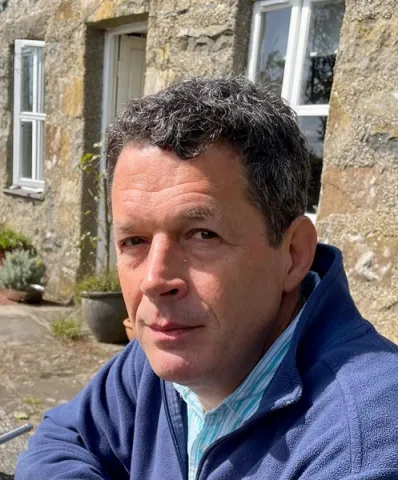About the project
Natural selection requires mass mortality, which is rare in modern human societies (few deaths from predation, starvation, warfare, disease). Relaxation of selection (weaker purifying selection) must be compromising the human genome, although difficult to study directly. This project will advance understanding by investigating how relaxed selection degrades calcification in coccolithophores.
Coccolithophores are unicellular phytoplankton which build beautiful calcium carbonate coccoliths. It is well known (anecdotally), that, often within a year, coccolithophores in culture stop producing cocccoliths. You will study this in three ways:
Experimental evolution to examine loss of calcification: Freshly isolated calcifying coccolithophores will be maintained in culture over very many generations (generation time is just a few days), and their calcification monitored. Samples will be taken at timepoints, flash frozen, then stored for potential genetic analysis.
Evidence collation: You will collect (via conversations with culture collection curators worldwide) and synthesise data on: (1) time taken to loss of calcification; (2) frequency of loss for different species; and (3) whether coccolith production ceases entirely or whether malformed coccoliths are produced.
Computer modelling: You will develop a new conceptual model in which coccolith construction will be controlled by a set of genes, which experience mutation and crossover in a population of coccolithophores. A metric (fitness function) will be used to combine costs (including energetic cost of calcification) and benefits (including, in the wild, protection from reduced predation), and then determine the numbers of descendants in the next generation. Once fitted to data, the model will give insights into how and why function is lost.
Your work will add to the body of evidence that traits or functions no longer protected by natural selection degenerate or disappear over time. It will also help quantify how rapidly this occurs. It will improve understanding of calcification control in coccolithophores. "
Supervisory team
The supervisory team includes supervisors from several organisations, including our INSPIRE Partners. Please contact the Lead Supervisor for more information about the team.
Training
The INSPIRE DTP programme provides comprehensive personal and professional development training alongside extensive opportunities for students to expand their multi-disciplinary outlook through interactions with a wide network of academic, research and industrial/policy partners. The student will be registered at the University of Southampton and hosted at the School of Ocean and Earth Science.
Specific training will include:
- You will be trained in various aspects of modelling and computer programming, depending on prior experience, such as: debugging, distributed version control, dimensional checking of equations, and sensitivity analyses
- You will also receive full training in coccolithophore culturing techniques. All laboratory work will be carried out with the assistance of an experienced technician
- You will attend masters-level courses as appropriate
- You will benefit greatly from interactions with the large number of PhD students, PDRAs and academic staff involved in biological oceanography, evolution and modelling at NOCS and MBA
